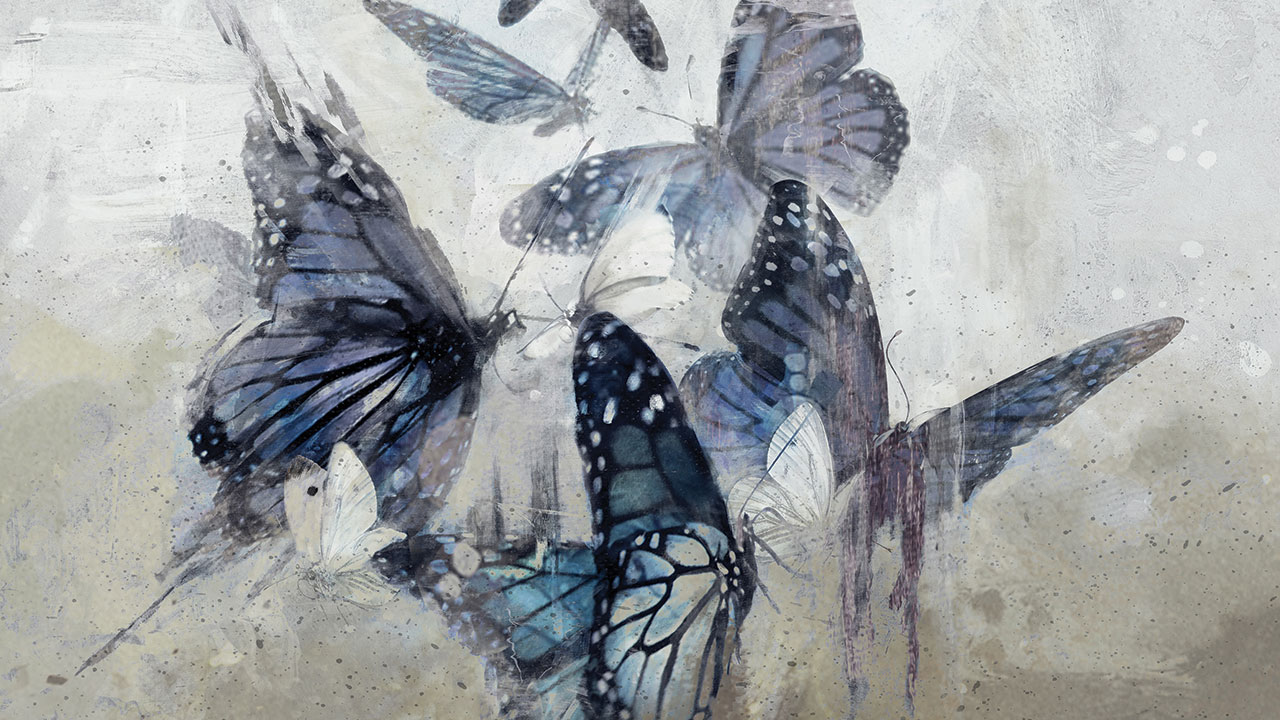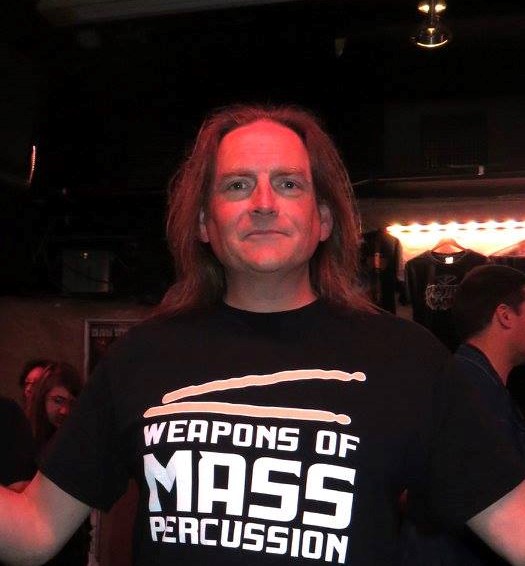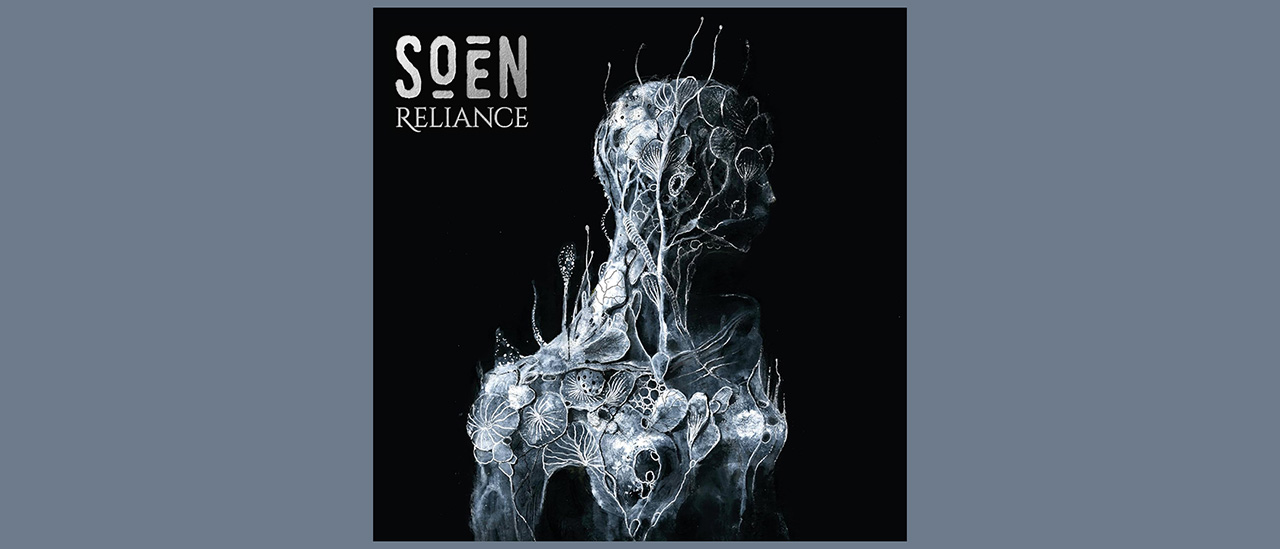You can trust Louder
Where White Moth Black Butterfly’s 2013 debut album, One Thousand Wings, was a union between singer Daniel Tompkins – then on hiatus from TesseracT – and Skyharbor guitarist/programmer Keshav Dhar that had the whiff of an expanded solo project, 2017’s follow-up, Atone, felt more like the work of an actual band.
Four years on, The Cost Of Dreaming picks up where its predecessor left off. Characterised by Tompkins as “an outpouring of love and a cry for help”, it delves deeper into the lush electropop and ambient dance vibes explored on its predecessor – a world away from the music Tompkins makes with TesseracT, but no less striking on its own terms.
Ushered in via the thick, warm synth pad embrace of Ether, the singer’s voice veering from plaintive to soaring, The Cost Of Dreaming is a series of vignettes that explore dichotomies within human experience – how happiness can create stagnation, how struggle can produce profound change for the better and how we might find beauty in awfulness.
There’s little in the way of traditional prog here. The Dreamer wouldn’t be out of place on nighttime pop radio, while the alchemy produced by the combination of Tompkins’ voice and the rich, sensuous tones of co-vocalist Jordan Turner casts a two-handed spell over Portals and Liberate. Turner is by turns entrancing, beguiling and deeply moving, equally astounding with the fragile Sands Of Despair as she
is with the vocal mischievousness of Soma.
A cinematic quality pervades the album, exemplified by Under The Stars, which could be the kind of atmospheric incidental music beloved by producers of moody Scandi Noir crime dramas. Elsewhere, Use You wraps up barely disguised threat, audible distress and uncomprehending impotence in the face of domestic abuse in a suitably discomfiting fashion. Similarly, Darker Days’ eminently danceable vibe can’t disguise its disquieting undertones. With much of the music built upon programmed keys and drum machine rhythms, Bloom is the nearest The Cost Of Dreaming gets to a straight rock song (and the point where flesh-and-blood drummer Mac Christensen gets to shine).
Tompkins and Dhar have clearly chosen their sounds with enormous care, resulting in a beautifully produced and meticulously arranged album. Not every fan of TesseracT and modern prog in general will enjoy it, but those willing to set prejudices aside and embrace everything the 21st century has to offer will revel in the journey.
Sign up below to get the latest from Prog, plus exclusive special offers, direct to your inbox!
Gary has contributed reviews and news features for Prog Magazine for over a decade now. A fan of prog and heavy rock since childhood, his main areas of interest are classic and symphonic prog, prog-metal and modern acts bringing in fresh influences to the genre. He has a professional background in youth and community work, he teaches drum kit in schools and is a working musician. Gary was the drummer in semi-legendary NWOBHM band Praying Mantis for a couple of years and has been a member of indie-prog-pop-art-rock combo The Mighty Handful for more than twenty years. He loves cats and skiing, and has a Blue Peter badge.


